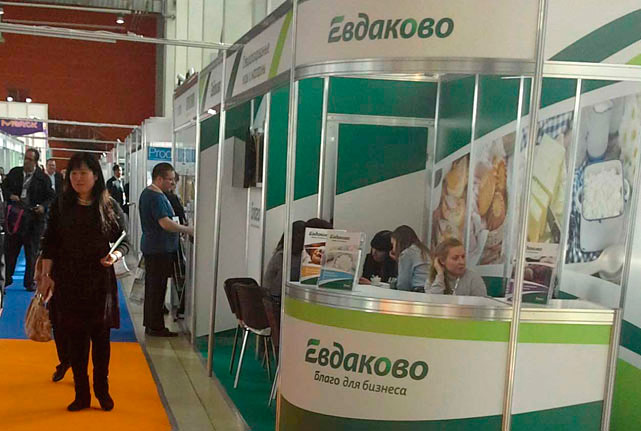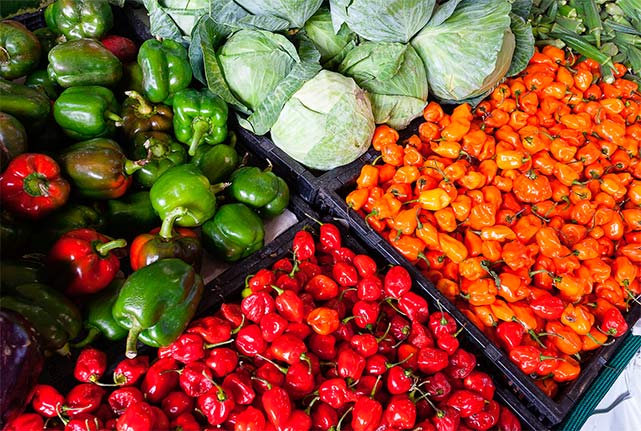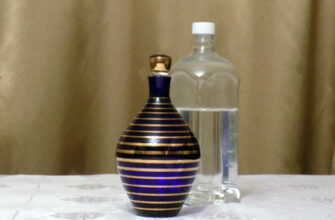In present phrase “food ingredients” became common for our hearing. As all foreign words, “ingredient” derives from latin «content», this symbolise arrival of outlandish things in the Russian life. In this case, of some food components. Otherwise – eatable additives.
On March 01-03, 2016 in Moscow was held exhibition Ingredients Russia, and on March 30 – April 01 took place 2nd Foods Ingredients Russia show. Main characteristic of food ingredient market here is high dependence of Russian food producers from outside raw materials. In average it is 80-95% upon different estimations. Now Russia takes 8-10% share in global food ingredient market. Foreign players possess 86% share here, while Russian companies are content with 14%.
Additives were part of food from early times. Seasonings, dried fruits, ferments… – all of this kind was successfully applied in Russia, including supplies from East. In Soviet times we became common to margarine, mayonnaise and so on. But now underdo products (new technologies like explosion and others) and synthetic chemicals joint in the list of ingredients. So the things now combines under «food ingredient market», included natural food ingredients as well as chemicals.
In all the countries we find list of authorized additives. In some countries it is more strict, in others – less strict. In Russia in 2012 in frames of Customs Union Regulations were adopted «Requirements to food additives safety, flavoring and technological subsiderires». It caused critics of specialists due to variants of reading terms. But it exists and aims at entering of our food industry to international food regulations, which allows usage of chemistry with minimum harm for health. Application of synthetics is usually motivated by cost reduction.
Big manufactories of food ingredients in Russia are SoyouzSnab, Efko, Protein, NMZHK and others.

Today some Russian manufacturers are successful in «replacing import». Thus, upon information of Marketing director of «Evdakovo» fat producer, the company increased output of its fat products to Russian cheese factories, whose sales after sanctions implementation grew in two times. Also for purpose of assortment increase the factory launched new product recently – replacement for milk fat, with lower 8% hydrogenized fat using innovative technology enzyme randomization, which replaces hydrogenization. Now the company elaborates natural replacement of cacao-oil on the basis of solid plant oils. Growth of cacao prodicts import prices, implementation of natural component of Russian production will enable to cacao-product manufacturere to reduce their price.
Sales increase at the expense of import is noted at Svetlograd starch factory, producing natural (non–hydrogenized starch). Upon words of company’s representative Inna, customer became more active, market grew and possibilities of export to CIS are seen.
Russian manufacturer of extracts Biotsevtika is specialized on natural raw materials, it lives according to its own laws of import substitution: the company is trying to promote domestic products and research and development. Alexander Vijukov, guiding the development of the company, shared his thoughts that the usefulness of the company’s products do not correlate with chemical substitutes, while the price is quite comparable. Natural extracts are the concentrates that retain the natural taste and properties of the product, which is added at a ratio of 50g (1’000) per tonne, or about 1 ruble per kilogram. The company works in close cooperation with the Moscow state University, Ministry of health of the Russian Federation, GNU Vniipbivp RAAS, scientific research Institute of meat industry, etc.
At both shows felt the abundance of Chinese companies. They were presented in the segment of synthetic additives and organic extracts. First of all, Chinese manufacturers offer the optimization of the cost. For example, according to Hantao, Director of sales for Russia and CIS company Yantai Taroke Bio-engineering, enterprises in the production of wine in Russia are still using expensive, natural tartaric acid. The use of synthetic tartaric acid allowed wine businesses almost five times to save on the cost of raw materials.
The use of ingredients is determined by the consumer and the manufacturer. No amount of regulation will cancel the natural food ingredients – however, the choice in favor of chemistry-driven sales and profitability of the business. For residents of Russia, the price is often more important than nutritional properties of the product. Apparently, in that moment when it will increase the trend of ecological food producers will make more natural meals. But this trend is associated with incomes that promise to recover only a few years.




